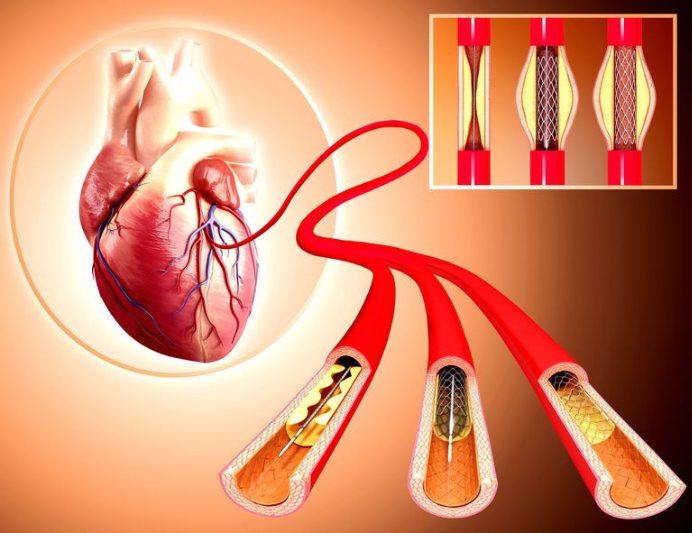Post PTCA Rehabilitation Treatment in Jaipur
Dr. Arvind Jaga is a renowned physiotherapist who specializes in Post PTCA Rehabilitation Treatment in Jaipur. PTCA is a minimally invasive procedure used to treat patients with narrowed or blocked coronary arteries, which can cause chest pain and other cardiovascular symptoms.
After PTCA, it is important for patients to undergo rehabilitation treatment to ensure proper healing and reduce the risk of complications. Dr. Jaga’s post-PTCA rehabilitation treatment is designed to help patients recover fully and regain their strength and function.
Dr. Jaga’s Post PTCA Rehabilitation Therapy program includes a combination of exercise, dietary changes, and medication management. The exercise program is tailored to each patient’s needs and may include aerobic exercise, strength training, and flexibility exercises. Patients are also advised to make dietary changes to reduce their intake of saturated and trans fats, and increase their intake of fruits, vegetables, and whole grains. Medication management is also an important part of the program to help control blood pressure, cholesterol levels, and other risk factors for heart disease.
Dr. Jaga and his team provide personalized care to each patient to ensure that they are receiving the most effective treatment for their individual needs. They also work closely with patients to help them make lifestyle changes that can improve their overall health and reduce the risk of future cardiovascular events.
If you have undergone PTCA and are in need of post-rehabilitation treatment in Jaipur, Dr. Jaga and his team in Jaipur are available to help. With their expertise and personalized care, they can help you achieve a full and speedy recovery, and get back to living your life to the fullest.
Symptoms:-
After undergoing percutaneous transluminal coronary angioplasty (PTCA), which is a procedure to treat narrowed or blocked coronary arteries, patients may experience some post-procedure symptoms. These symptoms can vary depending on the patient’s individual situation and the extent of the procedure. Some common symptoms that patients may experience after PTCA include:
- Chest discomfort: Some patients may experience mild to moderate chest discomfort or pain after the procedure. This is typically due to the balloon inflation during the procedure and should resolve within a few hours.
- Bruising: Bruising or discoloration may occur at the site of the catheter insertion. This is a common side effect of the procedure and should resolve within a few days.
- Fatigue: Patients may feel tired or weak for a few days after the procedure, as the body is recovering from the intervention.
- Shortness of breath: Patients may experience shortness of breath, especially during physical activity. This is because the body is adjusting to the new blood flow patterns and may take a few days to recover.
- Irregular heartbeat: In some cases, patients may experience an irregular heartbeat or palpitations after the procedure. This is usually temporary and resolves on its own within a few days.
It is important for patients to report any post-procedure symptoms to their healthcare provider so that they can be properly evaluated and managed.

Treatment:-
After undergoing percutaneous transluminal coronary angioplasty (PTCA), the patient may require post-procedural care and treatment. Here are some common post-PTCA treatments:
- Medications: The patient may be prescribed medications to help reduce the risk of blood clots, manage high blood pressure, and lower cholesterol levels. These medications may include aspirin, beta-blockers, statins, and ACE inhibitors.
- Lifestyle changes: Lifestyle modifications may be necessary to prevent the recurrence of coronary artery disease. These changes may include a heart-healthy diet, regular exercise, smoking cessation, and stress management.
- Cardiac rehabilitation: A structured cardiac rehabilitation program may be recommended to help the patient recover after PTCA. This program typically includes supervised exercise, education on heart-healthy living, and counseling to help manage stress and anxiety.
- Follow-up appointments: The patient will need to attend regular follow-up appointments with their healthcare provider to monitor their condition, assess the effectiveness of treatment, and make any necessary adjustments.
- Additional procedures: In some cases, additional procedures may be necessary following PTCA, such as a coronary artery bypass graft (CABG) or repeat PTCA.
It’s essential to follow the post-PTCA treatment plan carefully to ensure a successful recovery and reduce the risk of further complications.
